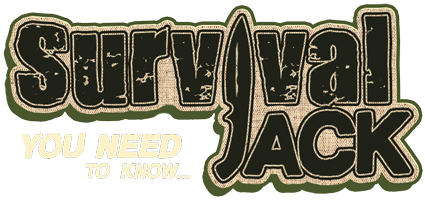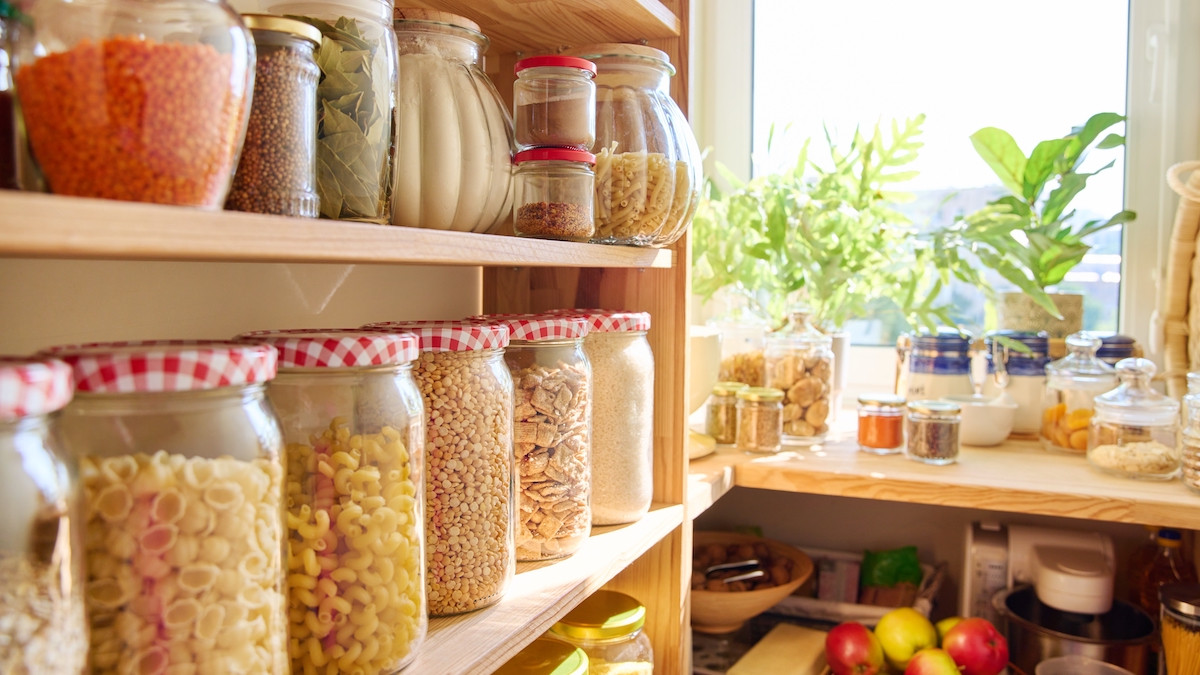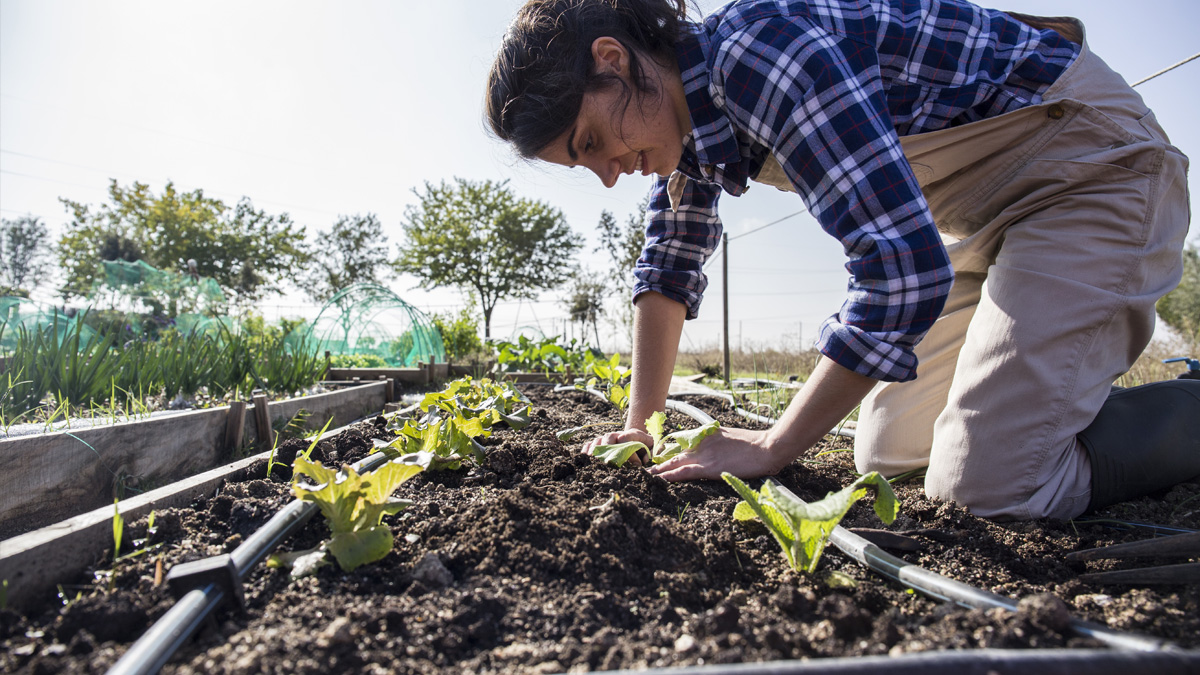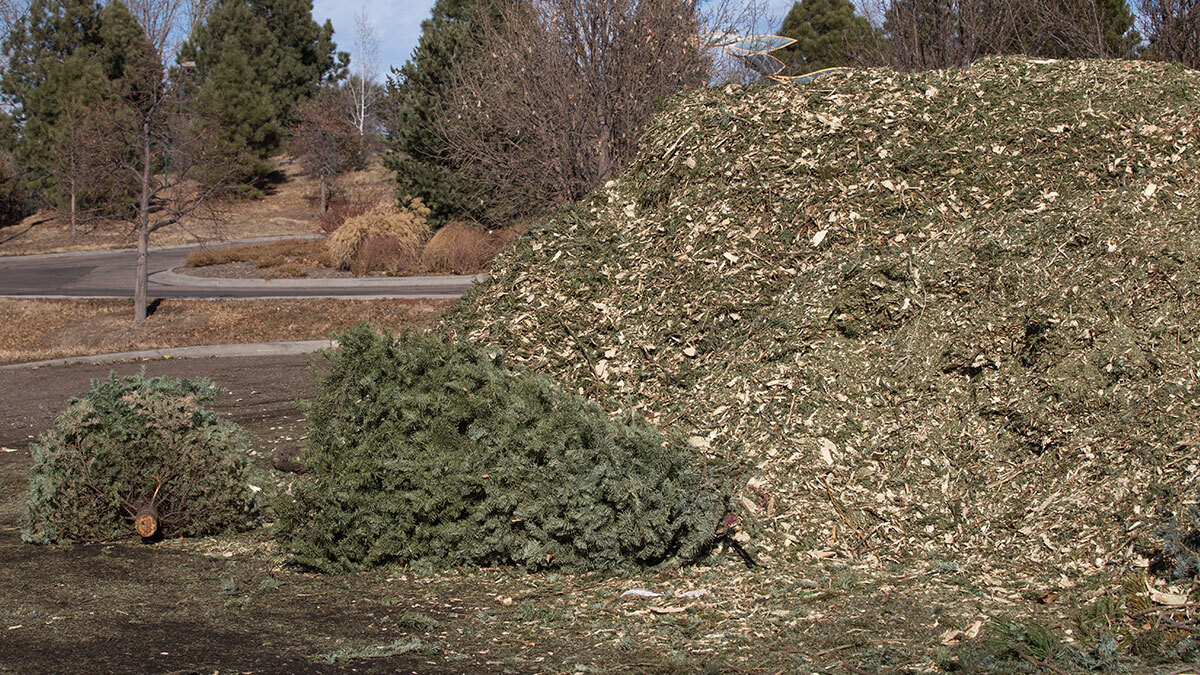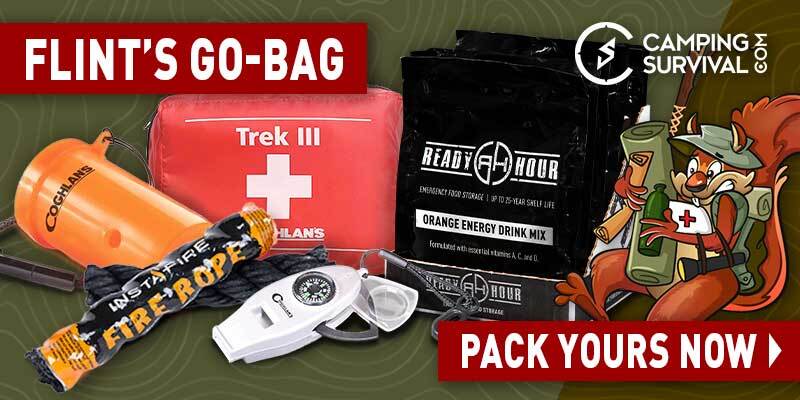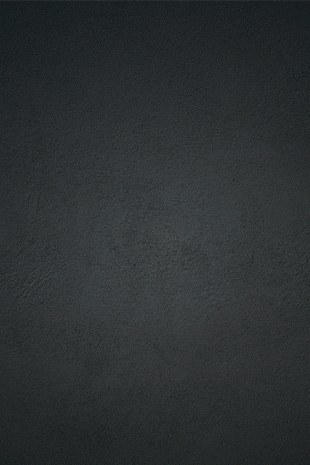on
As a homesteader, you know it’s critical to stock up on survival food and gear. Possibly more important than purchasing new items, is understanding what you already have – items you use every day can double as survival tools in a pinch.
Some of the things you already have in your home can be used in multiple ways, from cleaning to healing. Knowing how to make your own cleaners and first aid supplies using what you have at home will reinforce your ability to live self-sufficiently.
When grocery stores are closed or shelves are empty, you’ll likely already have what you need to survive.
When you are stocking up on everyday supplies, make sure the following items make it into your homestead.
1. Vinegar
Never let your homestead be without vinegar!
Vinegar can be used to add flavor to food, as well as preserve food, clean produce, and scale fish. It also has several medicinal uses, such as cleaning wounds, soothing bug bites and stings, easing sunburns, and reducing soreness.
Wrap a sprained or sore body part with a vinegar-soaked towel to help reduce inflammation.
If you have a sore throat, you can mix vinegar and honey and gargle it to find relief.
Vinegar works well as a natural cleaning product for sinks, counters, floors, showers, and more. It can also unclog drains.
Vinegar can also be used to help with skin conditions such as acne and calluses.
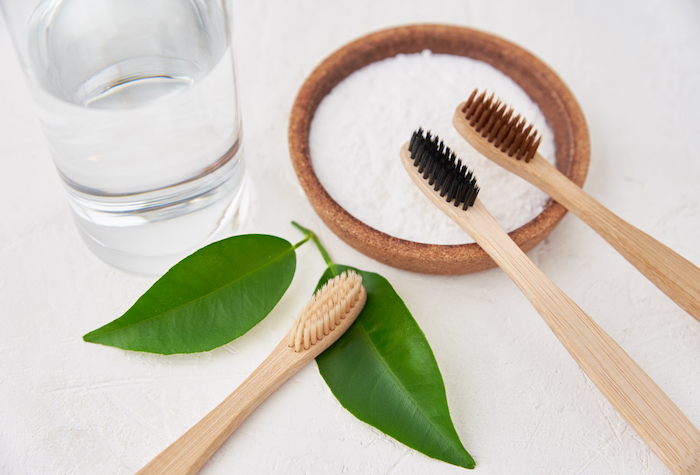
2. Baking Soda
In addition to deodorizing and aiding in recipes, baking soda is used for cleaning, medicinal purposes, and much more.
Here are some of the ways you can use baking soda beyond deodorizing or in recipes:
- Make a paste of water and baking soda to create a surface cleaner.
- Add baking soda to the bottom of burned pots or pans. Add just enough water to cover the spots and boil. This will remove the blackened bits.
- Leave toothbrushes in a mixture of baking soda and water to clean them.
- Make your own DIY laundry detergent using baking soda.
- Add baking soda to a warm bath to find relief from sunburns.
- Make a paste of water and baking soda and apply it directly to bug bites for relief.
- Use baking soda and water to naturally expel splinters.
- Use baking soda as a natural deodorant.
- Baking soda works as an effective roach killer.
- Baking soda can be used to extinguish small fires.
You can also learn to make your own baking soda.
3. Duct Tape
Duct tape is the ultimate multi-use product. No matter what sort of sticky situation you find yourself in, duct tape will have some sort of use.
This powerful tape works in many ways, such as for home repairs and first aid.
For example, duct tape can function as a temporary bandage or suture. It can also be used to create a splint or sling.
Duct tape can seal and protect pipes. It can also seal containers so they don’t leak.
You can twist duct tape to form a sturdy rope, which can then be used in numerous ways, including a clothesline.
4. Bentonite Clay
Bentonite clay is popularly used in face masks, but it has many more uses.
For skin issues, you simply need to mix the bentonite clay with water and apply it to the problem areas until it dries.
This same process can be used for soothing bug bites.
Since bentonite clay works by absorbing oils and liquids, you can also use it around the home to clean up spills.
It also works well outdoors to keep pests out of your garden.
In a disaster, you can add bentonite clay to whatever water you find to remove some of the bacteria and toxins. Follow by boiling or filtering the water.

5. Rubbing Alcohol
Rubbing alcohol is a first aid staple for good reason. It is an effective way to clean and disinfect cuts and scrapes.
Rubbing alcohol is also the main ingredient for making herbal liniments. Here is a recipe from Mountain Rose Herbs.
Ingredients
- Rubbing alcohol
- Fresh or dried herbs. Popular choices are arnica, black pepper, calendula, cayenne, chamomile, comfrey, echinacea, eucalyptus, ginger, goldenseal, lavender, myrrh, oregano, peppermint, rosemary, St. John’s wort, thyme, and yarrow.
- Optional additions: essential oil(s) of choice.
Directions
- Place herbs in a clean glass jar. If using fresh herbs, chop them first.
- Cover thoroughly with rubbing alcohol and cap with a tight-fitting lid.
- Place the jar in a warm area and shake daily or as often as possible.
- After 4-6 weeks, strain the herbs out using cheesecloth.
- If desired, add essential oil(s). Pour the liniment into dark glass bottles.
- Make sure to label the liniment for “External Use Only.”
In addition to first aid purposes, rubbing alcohol can be used to make a disinfectant spray, hand sanitizer, and bug repellant.
It also works as a fire starter due to its highly flammable nature.
6. Salt
Beyond cooking and food preservation, salt is used for soothing bug bites, cleaning stains, and scaling fish. Use salt to melt ice and control fires.
You can even make your own saline solution by mixing salt and water. This saline solution is useful for treating postnasal drip.
7. Trash Bags
There is always a need for trash bags. However, the need may not be for collecting and holding trash.
For example, you can use trash bags to waterproof other supplies and carry a variety of items (including water).
You can also use trash bags to create a makeshift tarp for shelter or to collect rainwater.
8. Superglue
Most homesteaders have superglue stashed away in some drawer.
But superglue is useful for much more than crafts and simple repairs.
If you have superglue, you can repair ripped seams in tents or tarps.
You can use it to build and assemble weapons.
Plus, superglue can be used as first aid to seal small wounds when you can’t get stitches or to cover scratches to ward off infections.
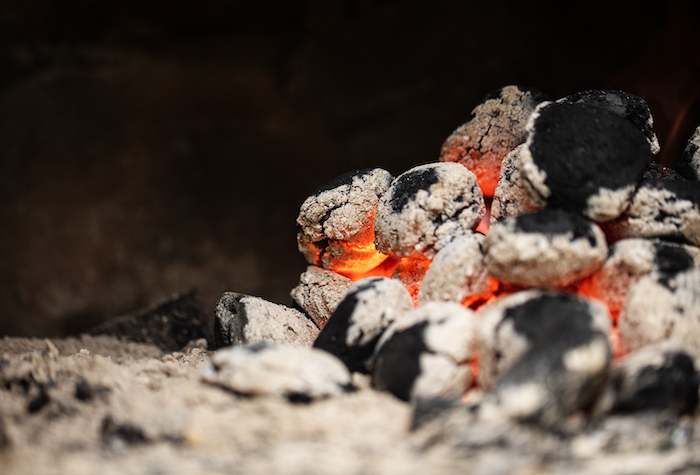
9. Charcoal
Charcoal is often used when grilling, but it is also useful for starting and maintaining fires.
That’s not all.
Charcoal can also be used to filter water.
10. Coffee Filters
Coffee filters have long been recognized for their usefulness beyond making a cup of joe.
In addition to the many crafts that utilize coffee filters, this inexpensive kitchen supply has survival uses.
Coffee filters make excellent fire kindling.
They can also be used to filter water.
11. Feminine Hygiene Products
While feminine hygiene products are must-haves for the ladies of your homestead, they have other uses beyond their traditional function.
For example, feminine pads work well as first aid supplies, such as large wound dressing.
Tampons can also work as first aid, such as functioning as bleed stoppers.
Additionally, tampons work well as fire tenders.
They can also be used as fishing bobbers in a pinch.
12. Towels and Linens
Hold on to your towels and linens as long as possible. There are so many ways to use these items.
You can cut them and use them for cleaning rags.
You can use them for makeshift curtains or, like Maria in The Sound of Music, to make new outfits.
Or, as shown in numerous films, tied together to make a rope for escaping from an upper window.
You can use linens or towels for first aid to make tourniquets or dress wounds. They also work as fire kindling.
13. Cast Iron Skillet
Every homesteader should own a cast iron skillet.
Cast iron makes it possible to cook delicious meals indoors or outdoors over an open flame.
This means, if you are in a disaster situation and don’t have power, you can still cook a hot meal over a campfire.
Plus, a cast iron skillet makes a great defense weapon.
Take time to familiarize yourself with ways to use everyday items differently and make sure you always have these essentials at home.
Get access to premium content and more!
17 Winter Homesteading Projects
45+ Household Items for Defending Yourself
